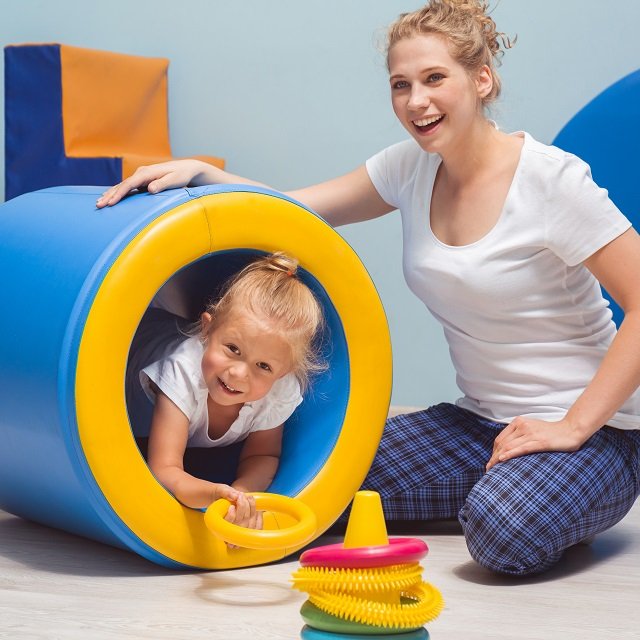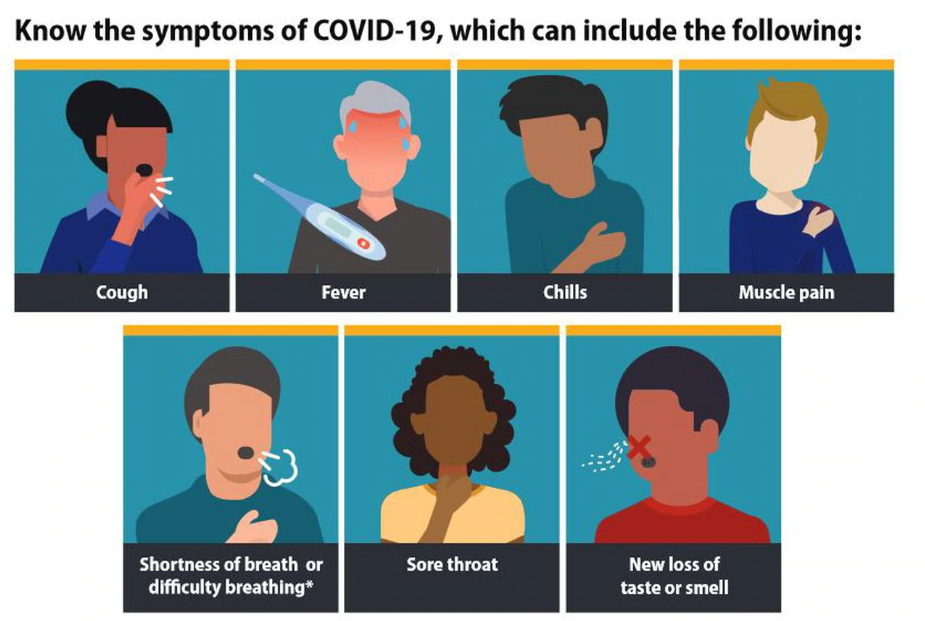Reasons Why Your Child Need An Occupational Therapist

Pediatric occupational therapy helps kids with physical, developmental, social, and emotional challenges to develop and learn important life skills.
Occupational therapists create individualized treatment plans to help children achieve their goals. Occupational therapists can help children with sensory processing issues, fine and gross motor skills, self-care skills, and daily living skills. They may also use various activities, such as arts and crafts, sports, and educational tasks, to help children develop and improve their skills.
Pediatric occupational therapists are specialists in analyzing as well as designing tasks to assist kids of all ages along with all kinds of requirements. They can work in different options such as homes, schools, or other health care facilities.
Contents
Benefits from Pediatric OT?
Pediatric occupational therapy is very beneficial for children with autism spectrum disorder (ASD), Down syndrome, cerebral palsy, and developmental delays of various amounts in all of the domains of advancement. Occupational therapy could additionally help children that are recovering from brain damage and stroke.
But there are many reasons why your kid needs help, even if they are born normally and do not have any developmental issues. Oftentimes, there may be only one little area in which, your child doesn’t show growth as compared to their peers. If you notice this with your, kid ask your pediatrician what you must do about it.
Pediatric occupational therapists help kids from the time they’re born to they’re adults. The skill sets they deal with incorporate providing for oneself, dressing, using the bathroom independently, along with walking with no assistance.
Reasons Your Child May Need Pediatric Occupational Therapist:
1. Developmental Delay:
Developmental delay is when a child fails to reach the milestones in communication, social, cognitive, and/or physical development at the expected times. Developmental delays can range from mild to severe and can be found in children of any age.
Early signs of developmental delay may include:
- Poor eye contact or difficulty responding to voices
- Difficulty understanding language
- Limited social interactions
- Poor fine and/or gross motor skills
- Poor problem-solving skills
- Delay in reaching milestones such as rolling over, sitting up, crawling, or walking
- Difficulty with self-care tasks such as feeding, dressing, and toileting
If you suspect your child may have a developmental delay, it is important to look for professional advice as soon as possible. Early intervention and treatment can help your child reach his or her full potential.
2. Fine Motor Skills:
Fine motor skills refer to the development of movement, coordination, and control of the body’s muscles. In children, the development of motor skills typically occurs in a predictable sequence and is important for everyday activities such as running, jumping, catching, and throwing. Motor skills include fine motor skills, such as writing, drawing, and manipulating small objects.
3. Movement, Strength, & Balance Development:
Movement, strength, and balance development are important for children for a variety of reasons. Movement helps children develop motor skills, coordination, and spatial awareness. Strength helps children develop muscles, bone strength, and overall physical health. Balance helps children maintain posture, improve coordination, and prevent falls.
4. Visual Processing:
Visual processing in children refers to the ability to process visual information. It includes the ability to recognize, remember, and interpret visual information. Visual processing is a critical part of learning and development, as it is involved in a variety of cognitive tasks, from recognizing emotions to understanding spatial relationships. Children with difficulty in visual processing may struggle with tasks such as reading, writing, and math. It is important for parents and teachers to be aware of the signs of difficulty in visual processing and to seek help if needed.
5. Oral Motor/oral Sensory:
Oral motor skills involve the movement and coordination of the muscles of the mouth, lips, and tongue. They are the foundation for all speech, language, and feeding skills. Oral sensory skills involve the ability to feel and interpret sensations in the mouth, lips, and tongue. They are important for the development of normal speech and for tolerating a variety of food textures.
How To Select The Best Therapy Agency For Your Child?
1. Research the agency:
Research the therapy agency’s credentials, qualifications, and experience. Check out the agency’s website and read reviews from other parents to get a better idea of the quality of services they offer.
2. Consult with your child’s doctor:
Ask your child’s doctor for a recommendation and also discuss the different therapies available. This will help you narrow down your choices.
3. Ask for referrals:
Speak to your child’s pediatrician or other healthcare providers for referrals to reputable therapy agencies. Ask them what criteria they use when selecting a therapy agency.
4. Contact the agency:
Contact the agency to discuss your child’s needs and goals. Ask them questions about the type of therapy they offer, their approach, and the qualifications of their staff.
5. Schedule a visit:
Schedule a visit to the therapy agency and meet with the staff. Observe the environment and services offered and ask any questions you may have about the therapy program.
6. Review the results:
After the first session, review the results with the therapist and your child’s pediatrician. Make sure the therapist is helping your child reach their goals and that the therapist is qualified to provide the best care for your child.
Here are some top agencies in Texas that may help your child.
Pediatric occupational therapy is an essential part of helping children reach their full potential. Occupational therapists help children develop the skills they need to be successful and independent in their daily life activities, such as playing and learning. They also provide support and guidance to parents and caregivers to ensure that each child’s therapy is tailored to their individual needs. With the right intervention, pediatric occupational therapists can help children of all ages overcome physical, cognitive, and social challenges, ultimately leading to a brighter, more successful future.











